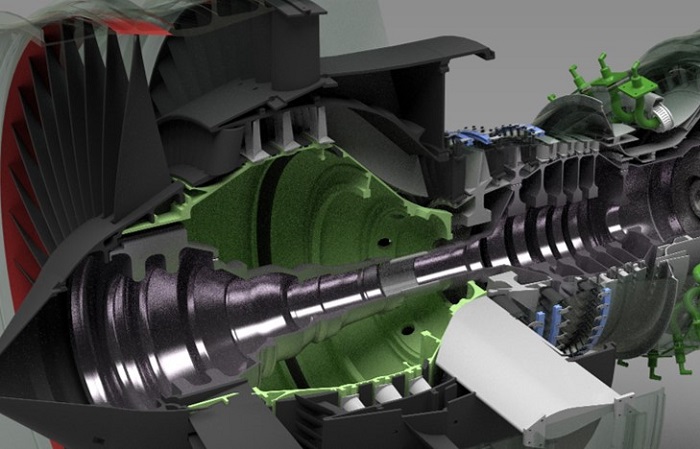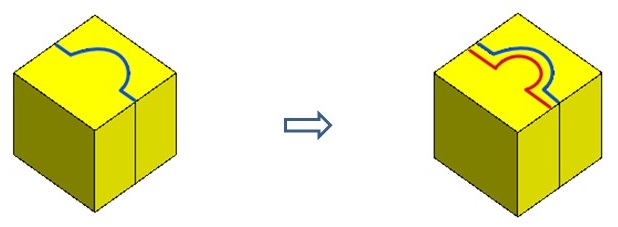Parasolid v34.1 release highlights

Parasolid v34.1 delivers enhancements across a wide range of classic, convergent and lattice modeling functionality to address the needs of our diverse customer community. These include:
Lattice Modeling
Support for lattice modeling is being extended significantly with each release to facilitate more workflows:
- Rods of different radius are now permitted in the same model
- When combining lattices, several options are provided to keep or delete coincident rods
- When combining lattices, an option is provided to snap near-coincident balls together, within a specified tolerance
- Facet meshes creation from self-intersecting lattice bodies is improved to handle the resulting disjoint meshes
Modeling
Classic modeling enhancements are delivered including:
- In mid-surfacing operations, neutral sheets can now be created from faces in two sheet bodies, removing the restriction that faces must be from a single solid
- When offsetting an edge to fill a gap with an adjacent model, creation of a natural curve extension can now be specified, to avoid creating non-smooth offset edges

The natural curve extension (red) is created from the gap curves (blue)
Modeling with Mixed Models
A small number of complex, classic operations continue to be enhanced to operate on mixed geometry, In this release enhancements include:
- Local hollowing, hollowing a portion of a model, can now be performed where the portion of the model contains both B-rep and mesh faces
- Wounds created in a model by deleting one or more faces, can now be healed by growing and shrinking both mesh and classic neighboring faces
- Mesh faces can now be used in Boolean operations to match topology

A mesh face (blue) is deleted creating a wound that is healed by extending adjacent faces (red)
Blending Mixed Models
Complex blending operations on mixed models have been enhanced to improve robustness is downstream operations, including:
- Notch overflow blend operations on mixed geometry now create better quality mesh faces
- Face-face blend operations now create better quality cap faces when extending mesh faces